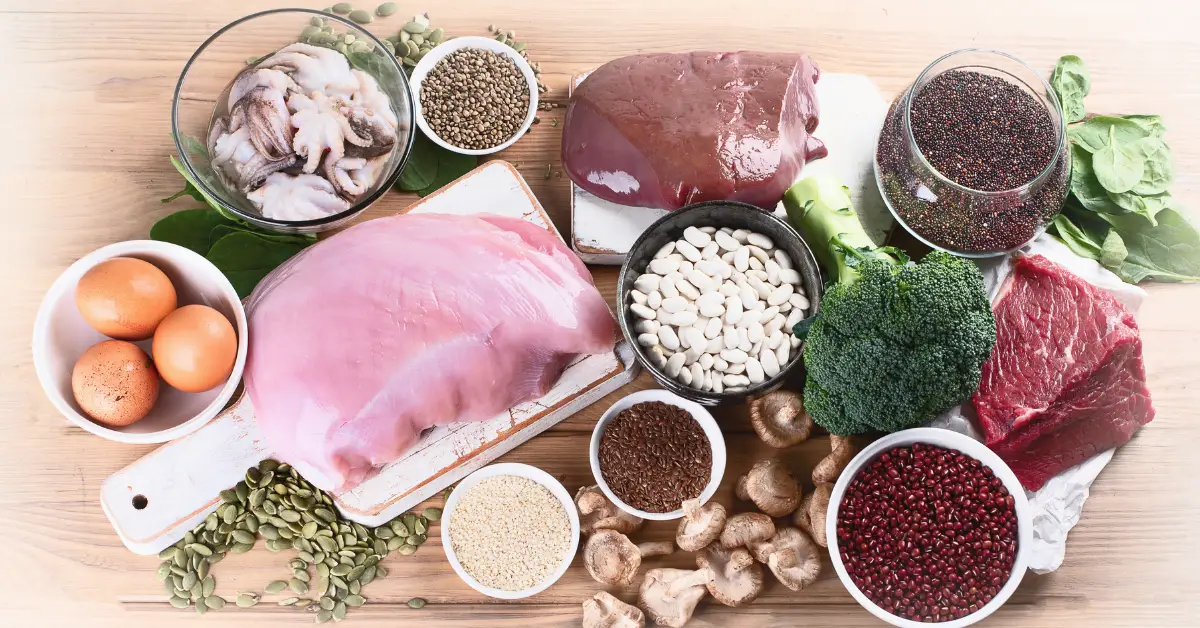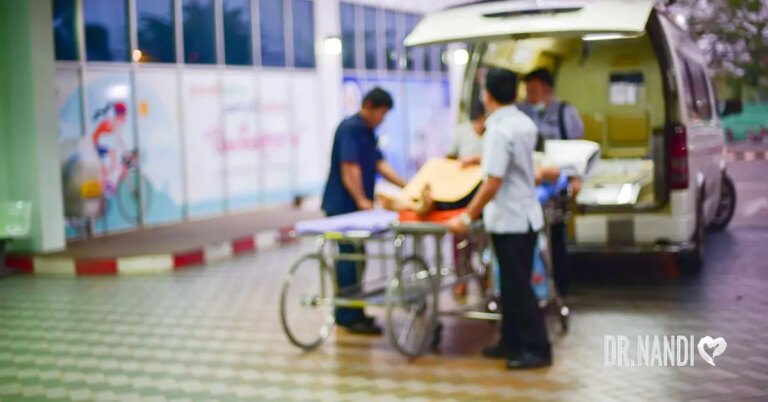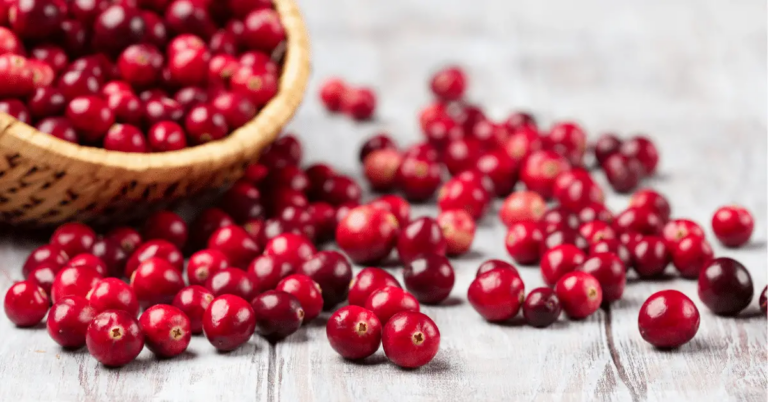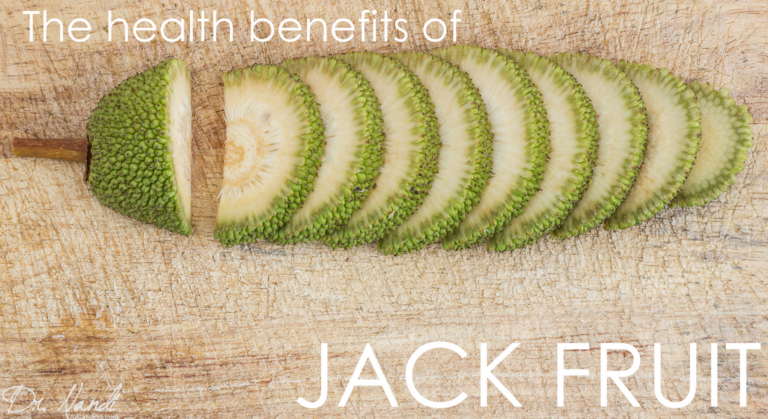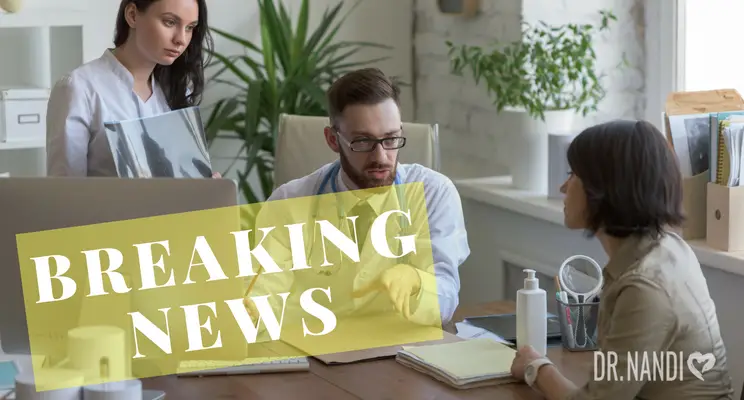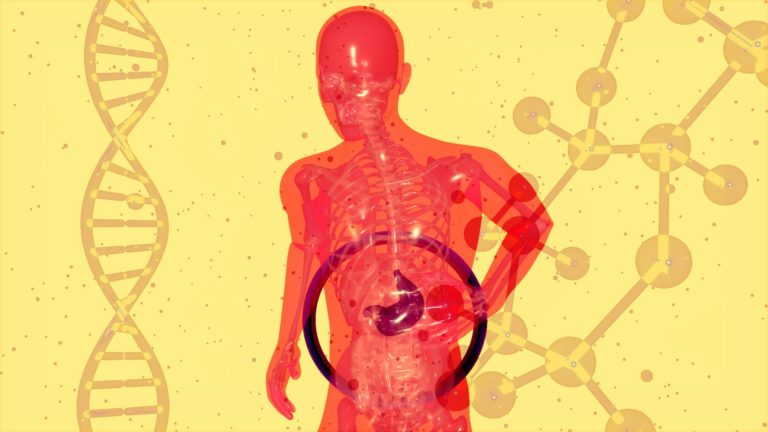Every cell in your body contains iron.
It’s an essential mineral needed to produce hemogoblin (part of blood cells) and myogoblin (found in muscles), two compounds that perform the very important task of transporting oxygen in the body.
Iron is crucial to life, and to energy levels as well.
You’ve undoubtedly heard of anemia, a condition marked by lack of energy. There are different types, but iron-deficient anemia is the most common.
Recommended daily intake for generally healthy adult males is 8 mg per day; for generally healthy adult females up to age 50, it’s 18 mg per day, and for older women, it’s 8 mg per day. Pregnant women need considerably more iron, with a recommended intake of 27 mg per day. However, personal factors affect the recommendations during pregnancy, so discuss this with your doctor if you’re pregnant.
Two Types of Iron
You can get two types of iron from food: heme iron, only found in any significant quantity in animal-based foods, and non-heme iron, found in plant-based foods as well as animal products.
Heme iron is absorbed a little better by our bodies than non-heme iron, which has to be converted by our bodies before it can be absorbed. Also, more compounds interfere with our absorption of non-heme iron, like dairy, tannins (found in coffee, tea, wine, etc,), and phytates (found primarily in grains, nuts, seeds, and legumes). Calcium can reduce absorption of both types of iron. And note that vitamin C aids in absorption of iron, so remember to eat fruit and vegetables through the day.
Both types of iron are healthy and help your body perform its basic functions. And both types contribute to energy production and help prevent iron-deficient anemia. So now let’s take a look at some good food sources of iron.
Dietary Sources of Iron
- Red meat and organ meat like beef, pork, and liver are exceptionally rich in heme iron, supplying at least 2 to 3 mg per ounce. However, they’re also high in saturated fat, cholesterol, and calories, so keep them to an occasional indulgence.
- Poultry, shellfish, and fish are also high in heme iron, and these are much better options for healthy protein intake (stick to skinless poultry). Mollusks are a particularly great dietary source; a single oyster contains 3 to 5 mg of iron!
- Legumes are a leading source of plant-based iron (one of a number of reasons they’re important to vegetarians and vegans). One cup of soybeans delivers over 8 mg of iron, lentils offer over 6 mg per cup, chickpeas have almost 5 mg per cup, and most types of beans have anywhere from 3 to 7 mg per cup. Peas, peanuts, and other legumes are all good sources too.
- Nuts and seeds, like pistachios, almonds, walnuts, pecans, cashews, Brazil nuts, sunflower seeds, flaxseeds, and pumpkin seeds are other good food sources of iron. They’re great for healthy, energizing snacks, also supplying protein, fiber, healthy fats, and a variety of other nutrients.
- Dark green vegetables are other excellent sources of non-heme iron, and they’re an amazing source of so many other vitamins, minerals, antioxidants, and other nutrients. Leafy greens like spinach, kale, collard greens, dandelion greens, and mustard greens are high in iron, as are broccoli and asparagus.
- Dried fruit like raisins, prunes, and dried apricots have significant iron content too. Add them to nuts and seeds to make your own trail mix. Just keep in mind that these are all high-calorie foods, so don’t get carried away; just a handful suffices as a healthy snack.
- Dark chocolate is everyone’s favorite surprise healthy snack! It has up to 7 mg of iron per 3-ounce serving, and it’s also rich in antioxidants. It’s also high in calories, though, so keep your servings small. You can toss a little of this into your trail mix too.
- Other good food sources of iron include fortified breakfast cereals (just watch out for the ones with lots of added sugar), egg yolks, melons, potatoes, tomatoes, and whole grains.
Originally posted on www.jasonmd.com
Jason Littleton, MD
Jason Littleton, MD is a board-certified family physician offering convenient concierge healthcare. He emphasizes personal attention, prevention, and smart lifestyle choices for optimal health, wellness, energy, youthfulness, longevity, balance, and happiness. He encourages patients to eat nutritiously and focus on fitness, providing clear, practical, personalized guidance for doing so in our busy lives.
Dr. Littleton earned his MD from Michigan State University College of Human Medicine and a BS in Biology from the University of Michigan. In 2010, he received National Doctor’s Day Recognition from the Practitioner Excellence Committee for “compassionate and excellent care” of patients at St. Mary’s Hospital in Grand Rapids, MI. He also received the Resident Teacher Award as a family medicine resident. Today, Dr. Littleton serves patients in the Orlando area.
Additionally, Dr. Littleton is CEO of WellSpring Human Energetics, author of WellSpring: The Energy Secrets to Do the Good Life, an in-demand motivational health speaker, and frequent guest commentator on national television programs and in national print publications.
Learn more about Dr. Littleton at www.jasonmd.com
If you enjoyed this blog and would like to see more. Please subscribe to Dr. Nandi’s Health Hero Community & Newsletter by clicking HERE.




